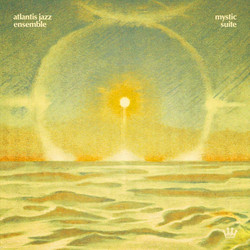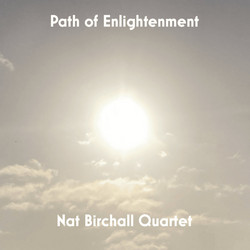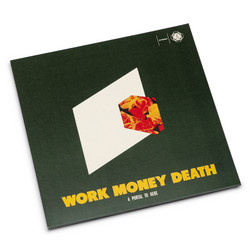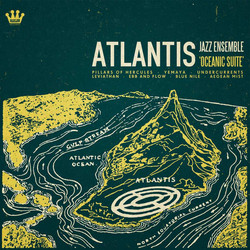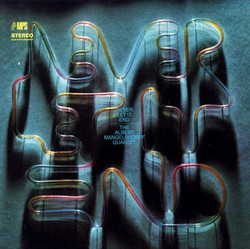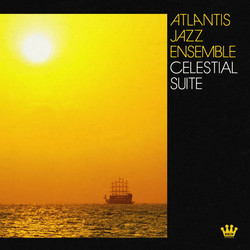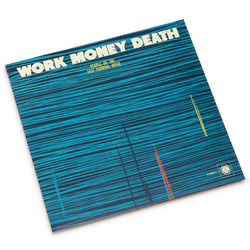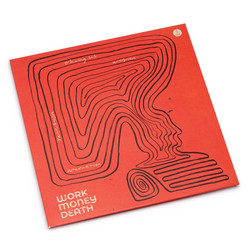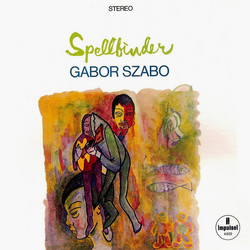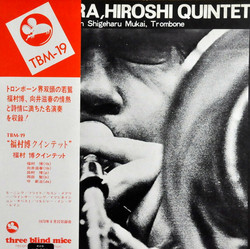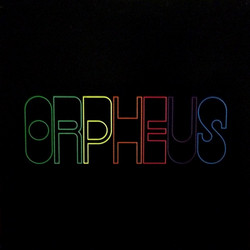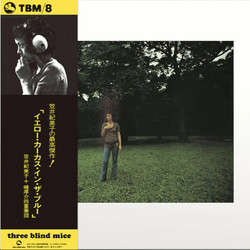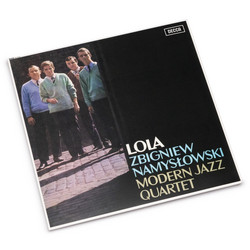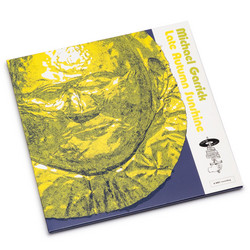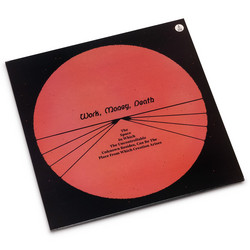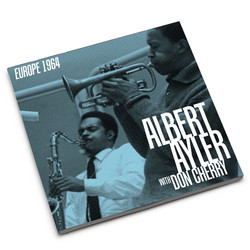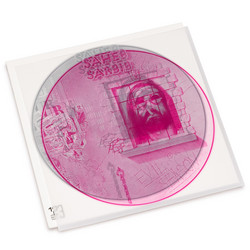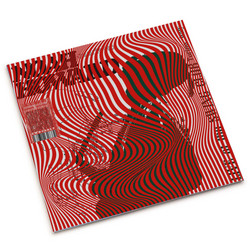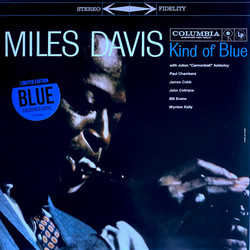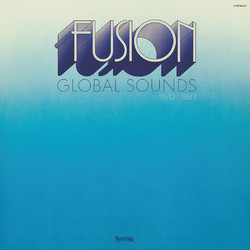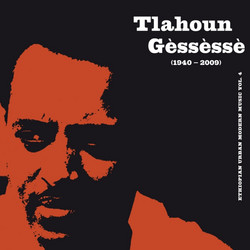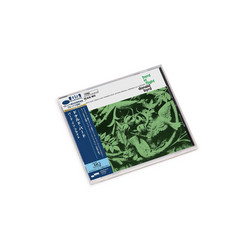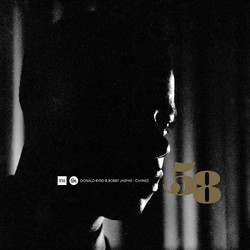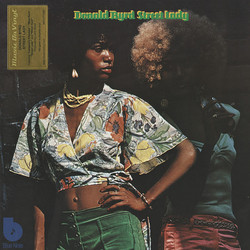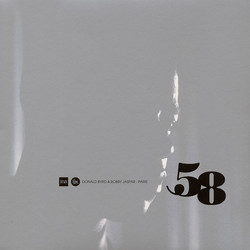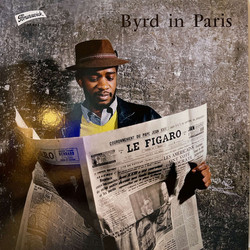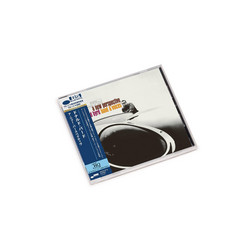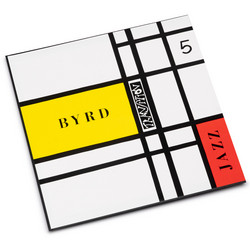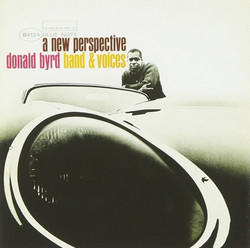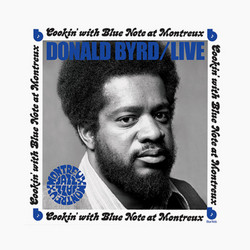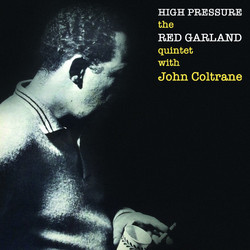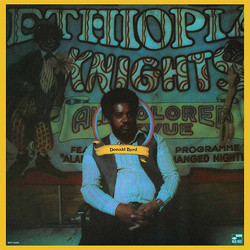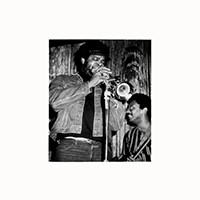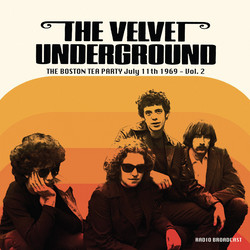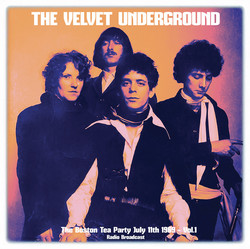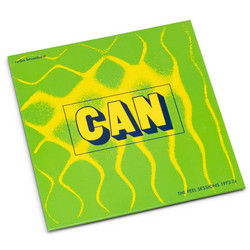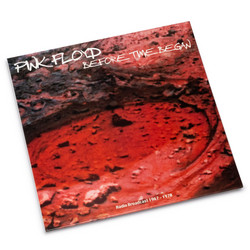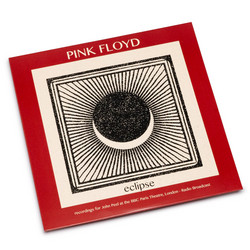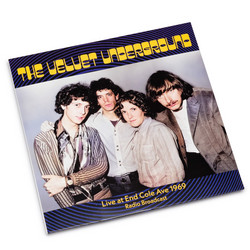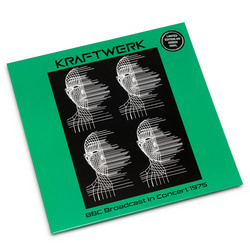Donald Byrd
Live At The Jazz Workshop, Boston September 4th 1973 (2LP)
WBCN-FM broadcast from the Jazz Workshop, Boston, September 4th, 1973. Bass – David Williams, Congas – Ray Armando, Drums – Keith Kilgo, Guitar – Bernard Perry, Piano – Kevin Toney, Saxophone, Flute – Alan Barnes, Trumpet – Donald Byrd.
Byrd attended Cass Tech, where he studied classical music and was mentored by the band director Dr. Harry Begian, a disciplinarian. He played trumpet in military bands during a stint in the Air Force from 1951–1953, before graduating from Wayne State University in 1954 with a music degree. Like other young Detroit jazz musicians, he also studied with bebop pianist Barry Harris.
Byrd's warmly burnished sound, fluent technique and aggressive-yet-graceful swing was rooted in the style of Clifford Brown, but his gangly, rhythmically loose phrasing was a unique calling card right from the get-go. As Byrd matured in the late 1950s and early 1960s, he tempered his hummingbird flourishes with a cooler sensibility and phrasing.
Byrd recorded prolifically both as a sideman and a leader, appearing on scores of recordings on the Savoy Records, Prestige, Riverside Records and Blue Note labels. He led a feisty quintet with his old pal from Detroit, baritone saxophonist Pepper Adams, from 1958–1961. Byrd also gave a young pianist from Chicago named Herbie Hancock his first major exposure by hiring him in 1961.
As a composer, Byrd was proficient in church-inspired shouts, funky and sophisticated blues forms and structurally interesting originals. He had a wider field of vision than many of his peers, exemplified by his influential 1963 LP, “A New Perspective” (Blue Note), which married his small group with a gospel choir.
Byrd never stopped going to school. He earned a master's degree in music education from the Manhattan School of Music in the late 1950s, studied composition with the famous classical pedagogue Nadia Boulanger in France in the early 1960s, earned a law degree from Howard University in 1976 and a doctorate from Columbia Teachers College in New York in the early 1980s.
